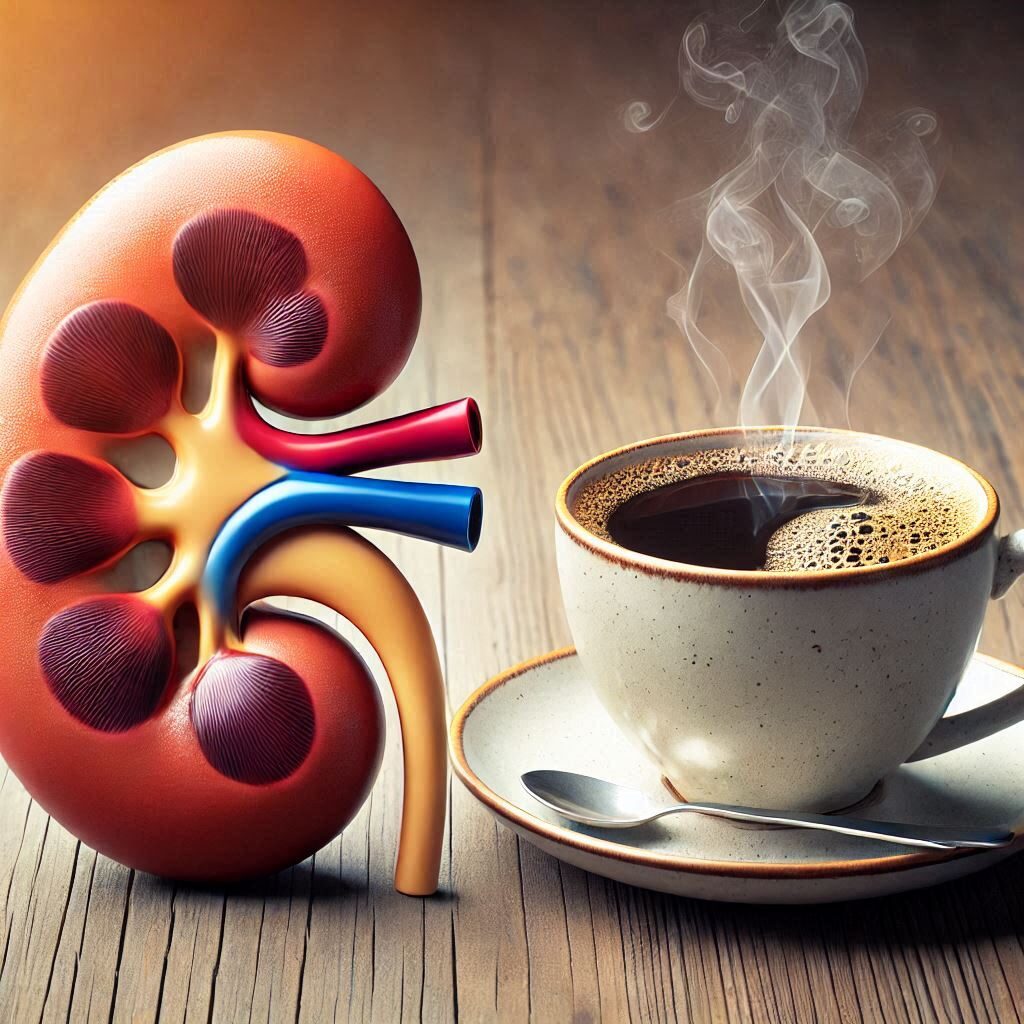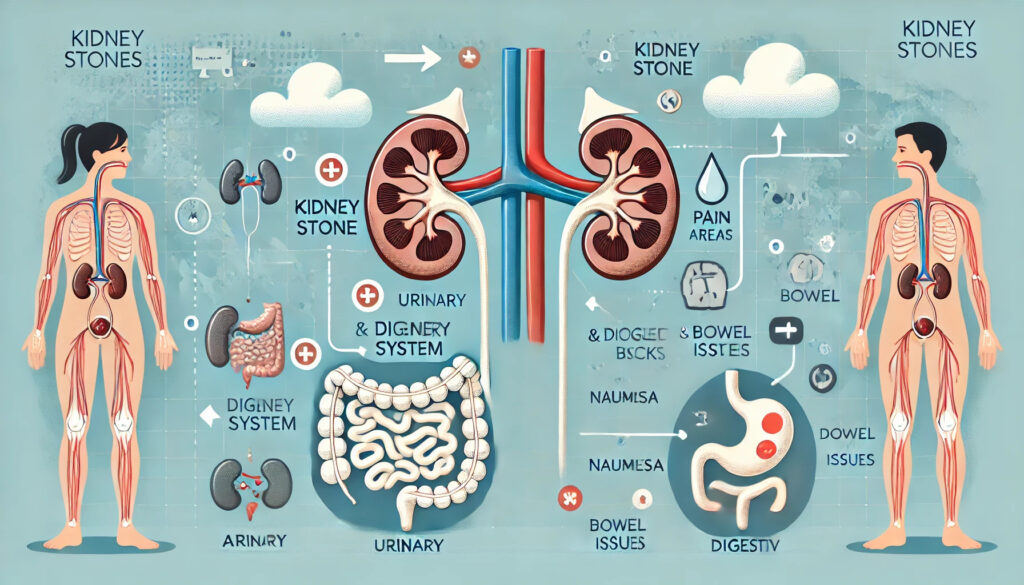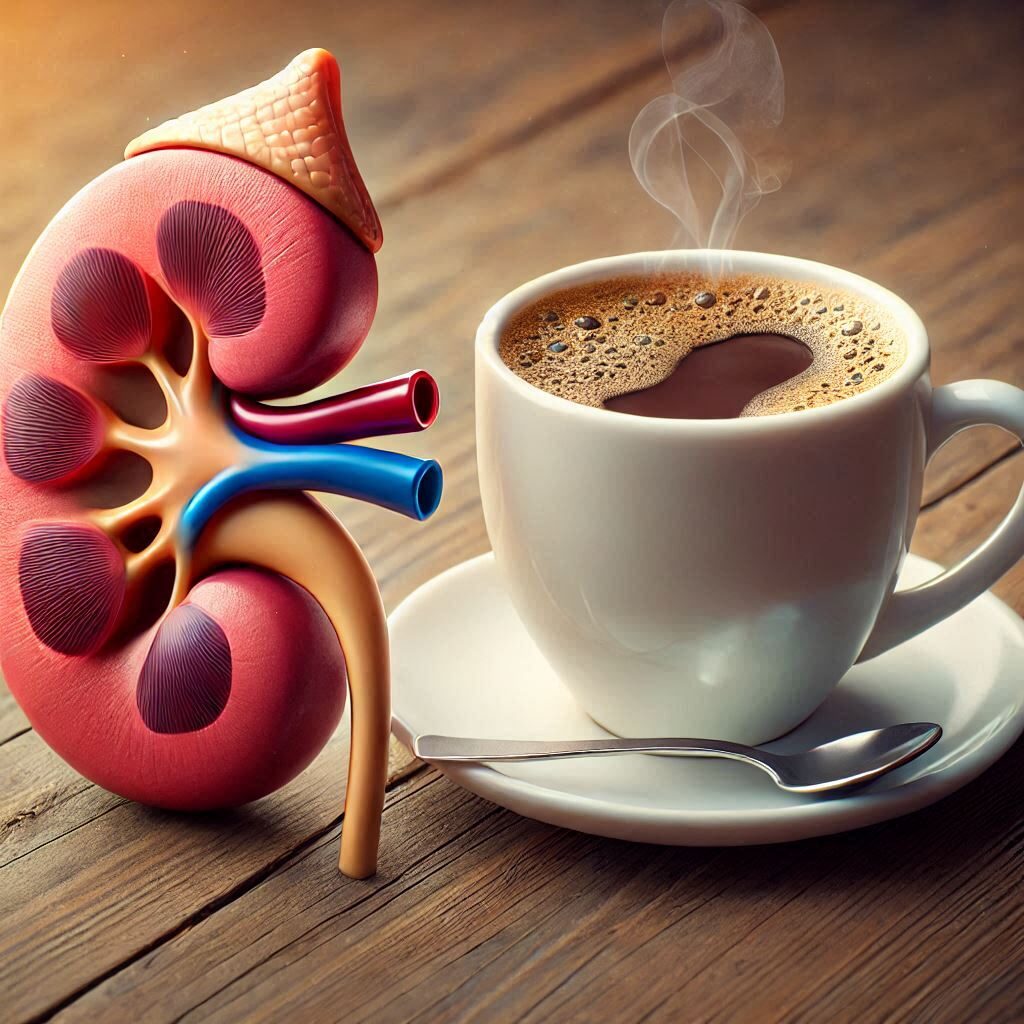Drinking coffee might actually lower your risk of developing kidney stones, according to recent research. Here’s a simple breakdown of what we know so far and how you can reduce your risk.
Quick Facts About Kidney Stones
- Kidney stones can affect people of all ages, even children and teens.
- They are more common in people assigned male at birth, with the risk peaking around age 30.
- Staying hydrated and watching your sodium and calcium intake can help prevent kidney stones.
- Most kidney stones pass on their own, but larger stones might need medical treatment.
Can Coffee Prevent Kidney Stones?

Some people believe coffee might increase the risk of kidney stones because it makes you urinate more often, possibly leading to dehydration. However, studies show the opposite may be true:
- Caffeine is protective: A 2021 study found that caffeine in coffee, tea, soda, or alcohol can reduce the risk of kidney stones. Even small increases in coffee consumption (e.g., from 1 to 1.5 cups a day) may lower the risk by up to 40%.
- Better urine flow: Drinking coffee and tea helps increase urine flow, which can prevent stone formation.
- More caffeine, less risk: A 2022 review confirmed that higher caffeine intake is linked to a lower risk of kidney stones.
What Causes Kidney Stones?

Kidney stones form when waste products in your urine aren’t flushed out properly. These minerals can crystalize and grow into stones. There are four main types:
- Calcium oxalate stones: The most common type; a low-oxalate diet can help prevent them.
- Uric acid stones: Often linked to gout, diabetes, or metabolic issues.
- Struvite stones: Associated with urinary tract infections (UTIs).
- Cystine stones: Caused by a genetic disorder called cystinuria.
Risk Factors for Kidney Stones
Some factors can increase your risk of developing kidney stones:
- Age and family history.
- A high-salt, high-sugar, or high-protein diet.
- Obesity and sedentary lifestyle.
- Health conditions like diabetes or chronic kidney disease.
- Medications like Warfarin or Acetazolamide.
- Living in hot, humid climates.
Symptoms and When to See a Doctor
Common symptoms of kidney stones include:
- Lower back or stomach pain.
- Blood in your urine.
- Nausea or vomiting.
Seek medical attention if you experience severe pain, fever, chills, or difficulty urinating.
How to Prevent Kidney Stones
The best ways to reduce your risk are through diet and hydration:
- Drink more fluids: Staying hydrated is key. Coffee, tea, and water all help flush waste products from your kidneys.
- A 2021 study found that for every extra 200 ml of fluid, the risk of kidney stones drops by 13%.
- Eat less salt and meat: Reducing sodium and animal proteins in your diet can help prevent stone formation.
- A 2020 study linked high salt intake to an increased risk of kidney stones.
- Increase fruit and fiber: Eating more fruits, vegetables, and fiber has been shown to reduce the risk of kidney stones, especially in postmenopausal women.
The Bottom Line
Kidney stones are common, but they can often be prevented with simple lifestyle changes. Drinking more fluids, especially coffee and tea, and eating a healthy diet with less salt, sugar, and meat can help lower your risk. Current research suggests that coffee might be a good choice for reducing kidney stone risk, but more studies are needed to confirm this.
Enjoy your coffee — it might just help keep kidney stones at bay!


